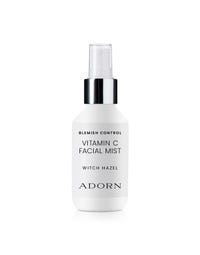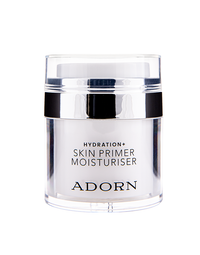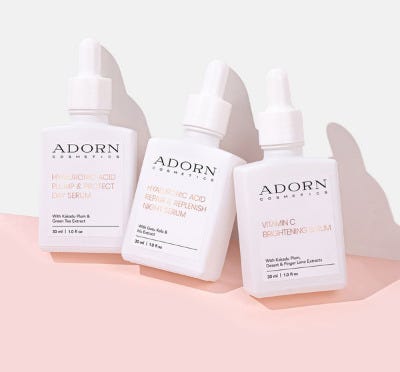Updated 27 September, 2023
Dry or dehydrated skin is caused by the absence of moisture or moisture retaining properties in the skin. The Mayo Medical Clinic in the US reiterates that while most dry and dehydrated skin can be temporary for a number of environmental reasons it can be managed, however allowing dry skin to go untreated can cause infections, and conditions like eczema.
‘Hydrating’ and ‘moisturising’ can be misunderstood as the same thing but to put it simply, ‘skin hydration’ refers to the water content of your skin cells, while ‘moisturising’ the skin involves locking in moisture on the skin’s surface. Both are necessary for achieving healthy skin for longer.
So what is hydration?
Skin hydration refers to how much water your skin is holding. When your skin cells are hydrated, they’re fuller and this makes your skin look plumped and can minimise the appearance of fine lines and wrinkles. By ensuring your skin is hydrated, you’ll be able to achieve a healthier looking complexion and avoid the visible signs of a dehydrated face.
What is moisturising?
Moisturising on the other hand is the process of locking in moisture on the skin’s surface to avoid developing dry skin. This is done by using rich and creamy ingredients like shea butter, coconut oil, cosmetics grade silicone and ceramides to create a protective layer over the skin’s surface to prevent dryness.
Moisturisers work to bolster the skin’s natural moisture barrier and minimise water passing through the outermost layer of your skin into the air. This is known as trans-epidermal water loss, or TEWL for short. TEWL is a normal process for the skin, but sometimes damage to the skin’s natural barrier can disrupt this process, leaving your skin dry.


Symptoms of skin dehydration
Dehydrated skin is a skin condition, rather than a skin type like dry skin. Therefore, any skin type can become dehydrated e.g. there can be oily dehydrated skin or combination dehydrated skin.
The signs of dehydrated skin will leave the skin looking crepey and shrivelled, while well hydrated skin plump with water looks and feels taut and smooth.
Key signs of dehydrated skin can include darker than usual under eye circles, more visible fine lines and wrinkles, dullness and even itchiness.
Symptoms of dry skin
Dry skin is best understood as a skin type, but it can be caused by harsh ingredients, heat and certain skin conditions.
Dry skin occurs when the outer barrier is compromised, and water seeps from the skin. With an improved moisture barrier, moisture will be locked in preserving the skin’s hydration.
Key signs of dry skin include feelings of tightness, itchiness, flaking, redness or a dull appearance.
Hydrating for your skin type
The best way to hydrate skin topically is to use products formulated with hydrating ingredients like hyaluronic acid, ceramides and glycerin. Ingredients like these are known as topical skin hydrators and they work by drawing in moisture from the air to hydrate your skin.
Products to use:
Hydrating Rosewater Facial Mist
Blemish Control Vitamin C Facial Mist
Hyaluronic Acid Night Repair Serum
Hydration+ Skin Primer Moisturiser
Brightening Primer Moisturiser
Nourish & Repair Hydrating Clay Mask
Moisturising for your skin type
Once you’ve ensured your skincare routine is enriched with hydrating ingredients, create a protective layer to keep in that hydration with moisturising ingredients which help lock in the hydration and encourage healthier skin barrier function.
Products to use from the Adorn Skincare range for dry &/or mature skin:
Salicylic Vitamin B3 Rebalancing Moisturiser
Protective Copper Moisturiser Complex
Advanced Hydration Lime Caviar Moisturiser
Fragrance Free Ceramide Moisturiser















